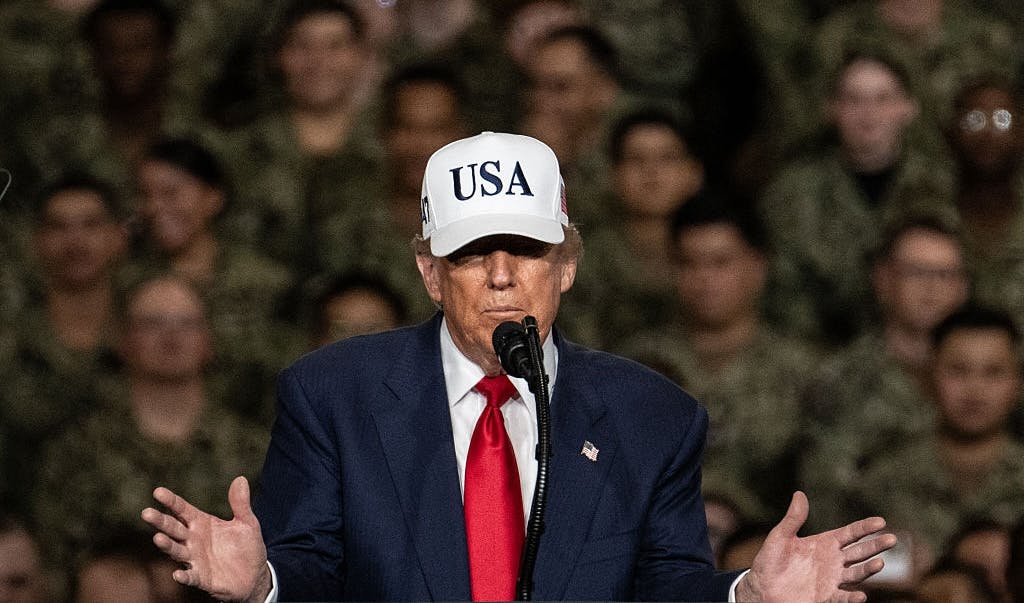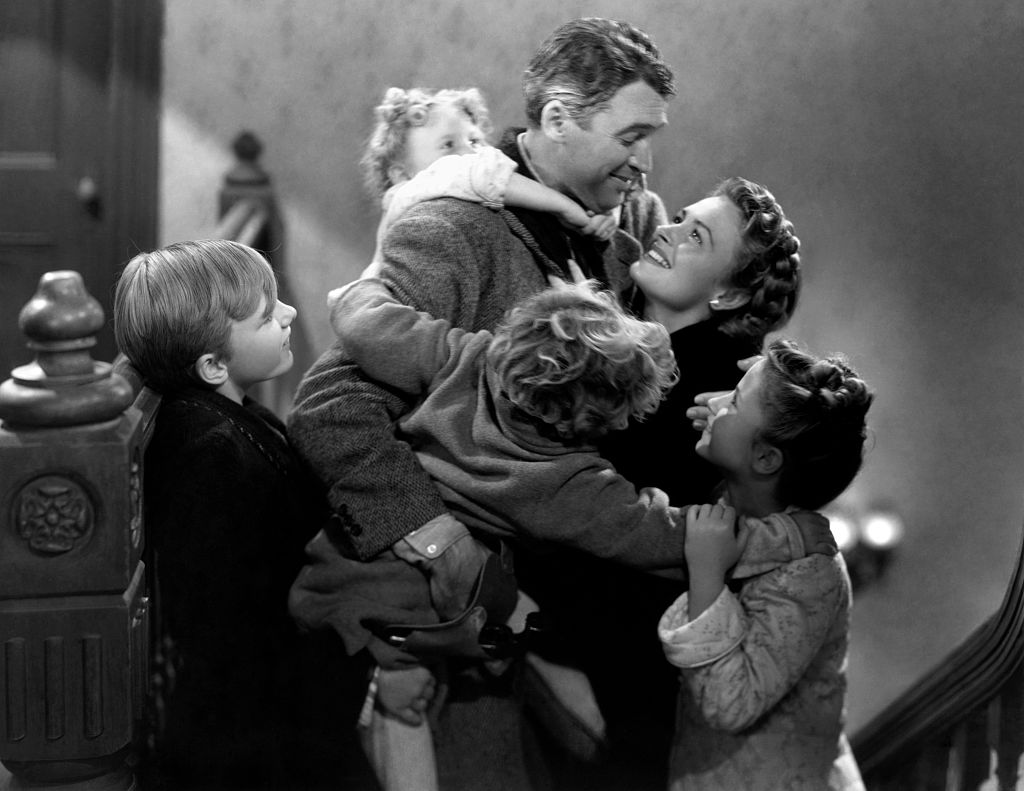Libraries Can Remove Obscene Books, Says Fifth Circuit

Can public libraries get rid of children’s books featuring sex, masturbation, and gender ideology?
Live Your Best Retirement
Fun • Funds • Fitness • Freedom
That question sparked a lawsuit between Llano County, Texas, and a handful of adult library patrons who claimed that when the Llano library removed explicit books, it violated their right to free speech. The patrons sued on First Amendment grounds, arguing that they had a right to receive the information in the removed books. But when the case reached the Fifth Circuit, the court held that the patrons couldn’t use free speech claims to demand that libraries present certain views because libraries “speak,” too.
The controversy began when librarians in Llano County removed 17 books from library shelves. Some were children’s and young adult books depicting sex, masturbation, and gender dysphoria. Others examined race in America through the lens of critical race theory. And a few were what the parties nicknamed “Butt and Fart Books.”
An argument ensued between a handful of disgruntled patrons, who wanted the libraries to keep the books, and the librarians, who wanted to remove them, with disagreement centering on why the books were removed.
The patrons said the books were taken away because of public complaints about their content. The librarians said they were “weeding” books out for standard reasons such as inaccuracy, damage, and irrelevance.
Then came the lawsuit: the patrons claimed that if the library removed books because of their content, it violated the public’s First Amendment right to receive the information in the books.
The Fifth Circuit disagreed for two reasons.
First, it rejected the premise of the patrons’ argument: the First Amendment doesn’t give the public the right to “tell the government which books it must keep in its library.”
In the majority opinion, Judge Kyle Duncan outlined the difficulties created by the patrons’ argument. If a library’s collection is dictated by the patrons’ right to receive information, the library loses control of not only the books it removes, but also the books it buys. And, Judge Duncan pointed out, if libraries can’t remove books because of the information in them, then “the First Amendment requires libraries to shelve the collected works of the Ku Klux Klan.”
Duncan concluded that such a position is “utter nonsense”—the Constitution doesn’t require libraries to present every viewpoint. Instead, they choose which books to put on their shelves. This process is, by definition, “viewpoint discrimination.” But according to the Fifth Circuit, that doesn’t make it a First Amendment violation.
Second, the Fifth Circuit held that curation of a library collection is “government speech” immune from First Amendment claims. The government becomes a “speaker” when it “selects, compiles, and presents” speech to convey a certain message. A library performs this “expressive” function through the books on its shelves.
As Duncan explained, a library tells the community that “[t]hese books are worth reading.” And while “[p]eople can protest what the government says, … they cannot sue to make the government say what they want.”
This decision can be read as giving libraries significant power, which would be consistent with courts’ approach to other areas of government speech. Courts have allowed public broadcasters to curate content on their networks, cities to choose displays for public parks, and public museums to decide which works to showcase.
In these situations, the government is permitted to express some views and reject others. According to the Fifth Circuit, the same is true when a library crafts a collection of books worth reading.
But another way to read the decision is as restraining the courts and giving the people more control over their local government. Duncan’s decision announces that the courts should not and will not make themselves library police.
This means that these questions are decided by local governments. It also means that it might really matter who your local librarian is. But you have a lot more control over that choice than you do over who gets appointed to the federal circuit court that presides over your state.
With this decision, the Fifth Circuit rejected arguments condemning the library’s actions. “Take a deep breath, everyone,” Duncan told readers, and reminded them that “[n]o one is banning (or burning) books.”
Instead, the Fifth Circuit concluded that the Llano County library did “what libraries have been doing for two centuries: decide which books they want in their collections.” And that “is what it means to be a library.”
The decision in Little works in tandem with the Supreme Court’s recent holding in Mahmoud v. Taylor. There, the Court held that public schools can’t force parents to let their children participate in lessons that undermine the family’s religious beliefs. Together, these two cases help protect kids from content that their parents believe they aren’t ready to see.
The post Libraries Can Remove Obscene Books, Says Fifth Circuit appeared first on The Daily Signal.
Originally Published at Daily Wire, Daily Signal, or The Blaze
What's Your Reaction?
 Like
0
Like
0
 Dislike
0
Dislike
0
 Love
0
Love
0
 Funny
0
Funny
0
 Angry
0
Angry
0
 Sad
0
Sad
0
 Wow
0
Wow
0









































































